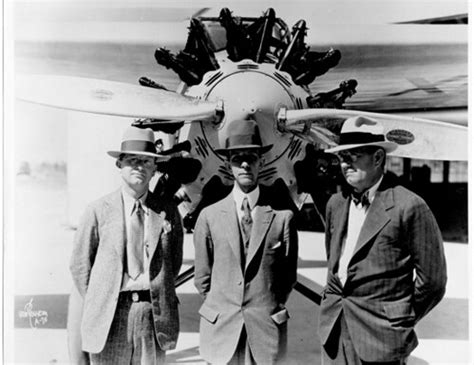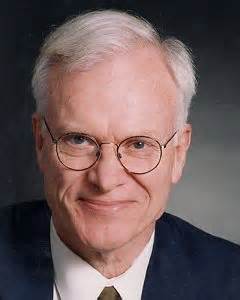A Quote by Emily Greene Balch
Probably people always feel that they are living in a time of transition, but we can hardly be mistaken perhaps in thinking that this is an era of particularly momentous change, rapid and proceeding at an ever quickening rate.
Related Quotes
There are so many messages and lessons that I have been taught that I would want to share with people. Perhaps one that is very present in my mind now is the concept that we are all living on this one tiny planet that we call Earth. It is very small and is not getting any bigger, but the amount of people living on this planet continues to grow at a rapid rate.
There are some superficial things that connect me to the stream. There's instrumentation, there's timbre, use of electronics, the way that samples are used, the way the electric guitar is used. I'm thinking of things that are particular to this era. But I don't always feel particularly close to the music of my peers. I often feel that I have more in common with writers and visual artists. I try to connect to people in an emotional kind of way.
It isn't the changes that do you in, it's the transitions. Change is not the same as transition. Change is situational: the new site, the new boss, the new team roles, the new policy. Transition is the psychological process people go through to come to terms with the new situation. Change is external, transition is internal
I want to feel like the things I did made a difference. That's one of the reasons I spend time greeting people on rope lines, because I'm always thinking, 'Maybe this interaction, particularly if I'm meeting kids, will change someone's life.' That's how I think about the work I do as First Lady. It's a rare spotlight. I want to make sure I don't waste it.
The end of an age is always a time of turmoil, war, economic catastrophe, cynicism, lawlessness and distress. But it is also an era of heightened challenge and creativity, of issues, and their world-wide scope, never has an era faced a more demanding and exciting crisis. This then, above all else, is the great and glorious era to live in, a time of of opportunity, one requiring fresh and vigorous thinking, indeed, a glorious time to be alive.
Change is situational. Transition, on the other hand, is psychological. It is not those events, but rather the inner reorientation or self-redefinition that you have to go through in order to incorporate any of those changes into your life. Without a transition, a change is just a rearrangement of the furniture. Unless transition happens, the change won't work, because it doesn't 'take'.
Talking about creating truth tends to alarm people, because truth is meant to be 'just out there'. It doesn't take much thinking to appreciate that we sometimes change truths on the ground - sometimes just by words. A new law will change what is possible. I think - perhaps because the paradigm we follow tends to be scientific, and all about discovery - the creative element of truth is one upon which we don't focus so much attention. This is particularly so in anglophone philosophy, perhaps because we associate it too much with those 'pernicious' continental trends.



































